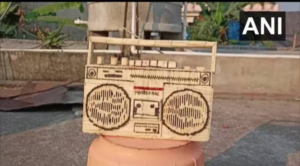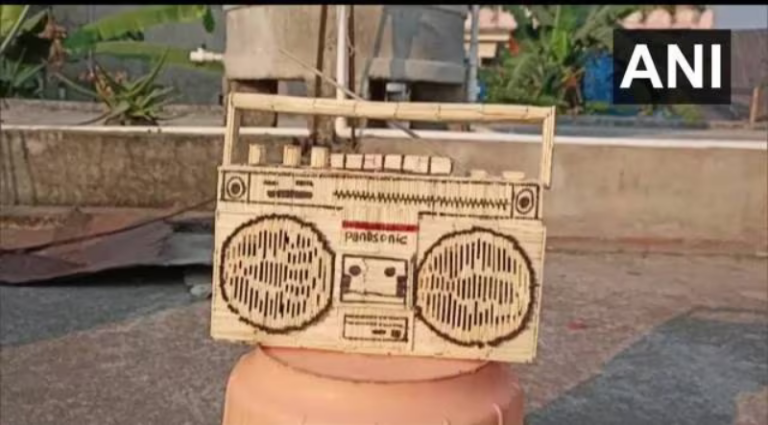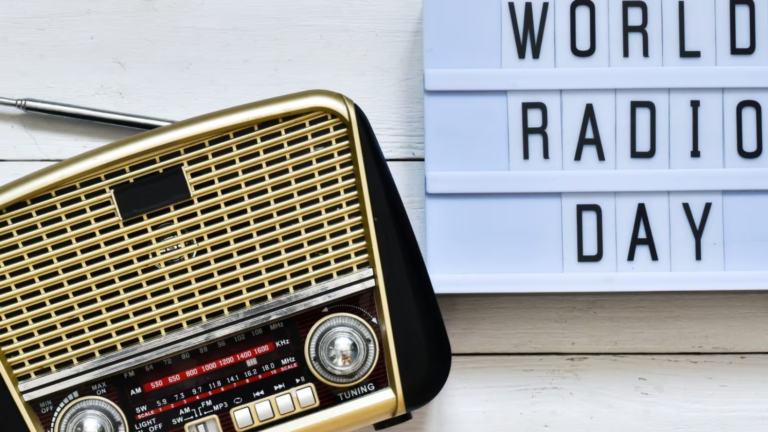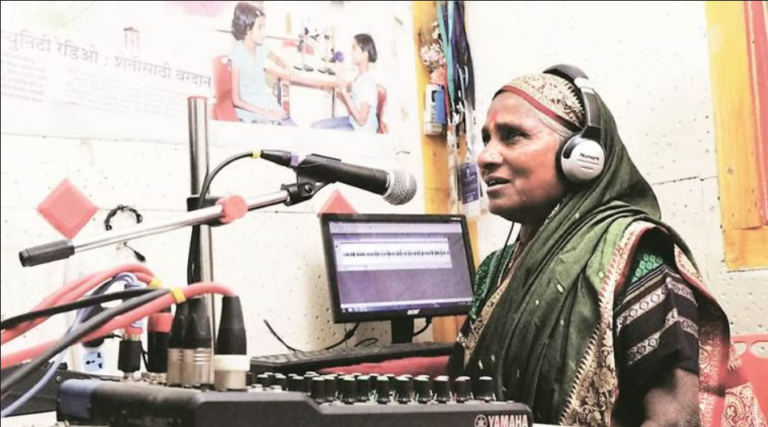World Radio Day, observed annually on February 13, commemorates one of the oldest and most universally embraced communication mediums. Recognizing its enduring significance, the United Nations highlighted radio’s pivotal role during the Covid-19 pandemic in a post marking the occasion. The medium played a crucial part in ensuring the continuity of education, combating misinformation, and promoting essential health measures.

Paying homage to radio’s adaptability over more than a century to societal changes and evolving listener needs, the UN proclaimed World Radio Day in 2011, with international adoption by the UN General Assembly in 2012. The day aims to champion the medium, enhance accessibility, and encourage its broader utilization.
India’s radio broadcasting history dates back to August 1920, with one of the initial broadcasts transmitted from a building’s roof. The Radio Club of Bombay aired the first radio program three years later.

Celebrating the tenth anniversary and over 110 years of radio, UNESCO’s theme for the 2021 World Radio Day comprises three sub-themes: Evolution, emphasizing radio’s resilience and sustainability; Innovation, acknowledging radio’s adaptation to new technologies; and Connection, highlighting radio’s essential services during crises like natural disasters, socio-economic challenges, and epidemics.
Leaders, including Prime Minister Narendra Modi, shared their thoughts on the occasion. Modi, citing his monthly radio program ‘Mann Ki Baat,’ expressed his personal experience of the positive impact of radio. Information and Broadcasting Minister Prakash Javadekar extended greetings to radio listeners, emphasizing its evolving nature and integral role in life, now accessible even on mobile phones.








